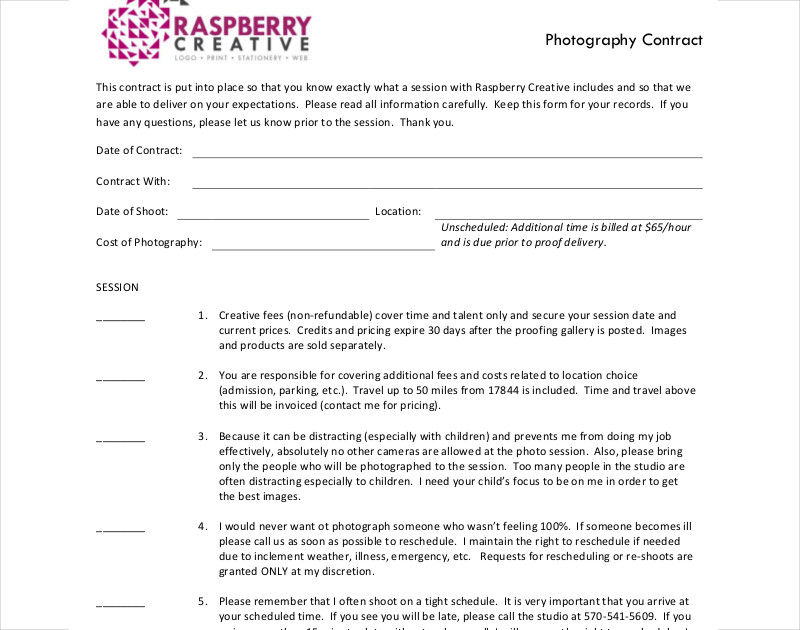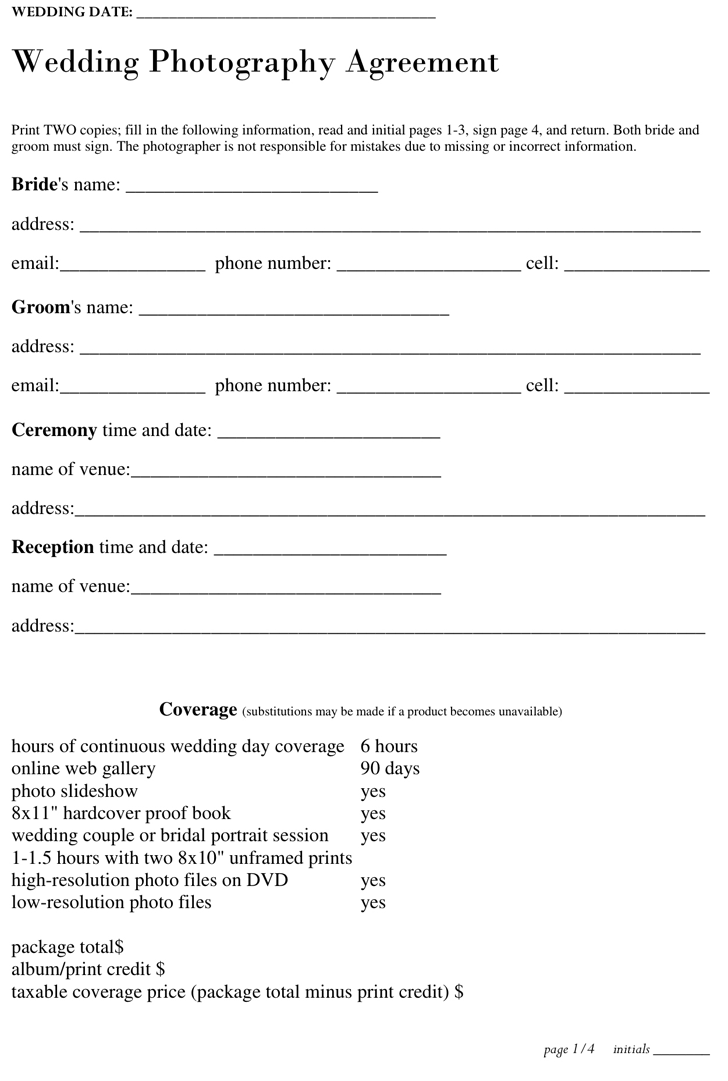

Your business will be more complicated from the perspective of handling several clients at once, but you will have fewer complications when it comes to each individual client. If your goal is to be a higher-volume wedding business, handling many clients with smaller costs, you may want to do things this way. When you set your fees as fixed, they aren’t a rate or proportional to the overall amount, they are just fixed. The simplest way, but also arguably the least profitable, is the fixed fee method. With this scenario, your fees will increase, but not balloon up to unreasonable figures. At $5000 overall cost, you may offer 5% commission, but at $20,000 you offer 4%, and so on. For larger packages, you probably will want to offer a discount for your clients, also known as a descending commission. Wedding ceremonies can cost well into the tens of thousands of dollars and more, so one size doesn’t necessarily fit all. When it’s fixed, it can be easier to calculate, and it’s more appropriate for planners that generally do smaller ceremonies. This percentage can be fixed or on a discounted scale. With proportional fees, the planner may charge a percentage of the overall ceremony costs. For example, when adding a venue with performers to a package, the wedding planner may have at cost a particular fee that they need to pay to the performer company and to the venue, but the planner charges in the wedding contract a slightly larger fee, incorporating their slice into the overall amount. Some wedding planners have a flat fee, and others integrate their fees into the amounts for each package. The planner needs to get paid too, and so it’s extra important that the planner adds up all of the services that will be required, and includes their own fees at the end. Wedding photographers, catering, transportation, venues, and performers or tickets, are usually handled in the wedding contract. In any wedding event contract, you need to define the services that are required for the wedding. Use a contract that is fair, reasonable, clear, and concise, and you have a much better chance to avoid disputes, even in the case that something may go wrong with the event.

Spend time planning, but first, write down and agree with your client on the extent of your work, and the ultimate fees that you’ll ask for.Įven though contracts are common for event planners, disputes still happen very often. Your job is to plan the event, after all, and it might take a considerable amount of time. When both parties sign this contract, it doesn’t mean that changes can’t occur, or that the entire event needs to be planned all at once. Use a written contract for your next wedding planning project, and negotiate the fine points of what is included in your duties, and agree upon the fees that your client will pay. The legal proceedings are expensive, and even simple processes can take a very long time and eat up a lot of lawyer’s fees. After just one dispute that ends up in court, a small business can be closed due to bankruptcy. But, one of the many problems is agreeing upon what is reasonably part of the contract’s obligations and what isn’t. Spoken contracts are generally valid in the eyes of the law, and courts can enforce them. Your clients want things to be just right, and in order to deliver on that promise, you’ll need to set their expectations accordingly. Weddings today are ever more complex events, which you need to plan to the smallest details in order for everything to go right.

#PHOTOGRAPHY CONTRACT TEMPLATE PDF PDF#
Download the template today and edit it using any version of our PDF Reader apps.


 0 kommentar(er)
0 kommentar(er)
